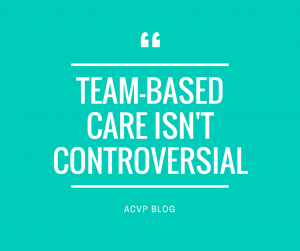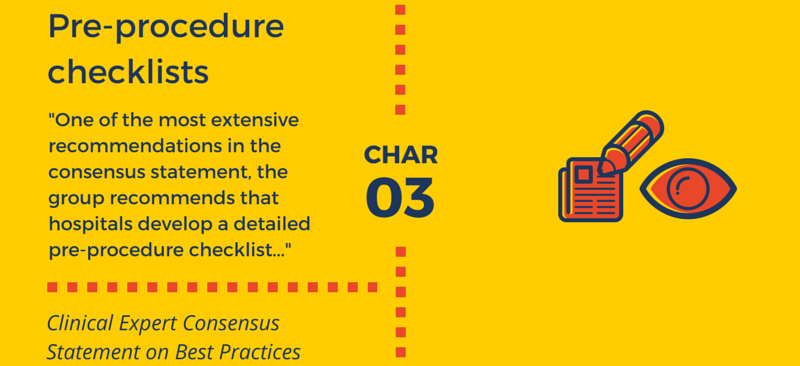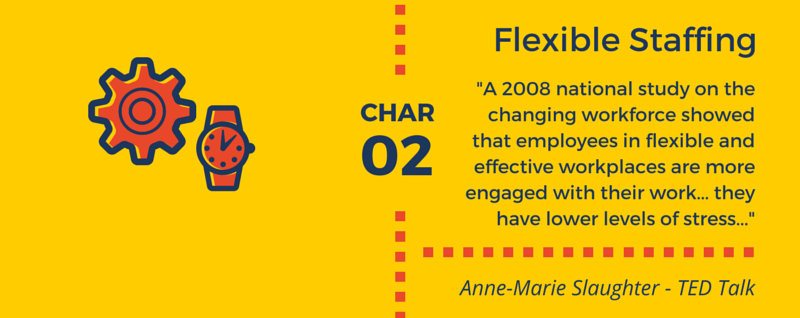The Future of Nursing, in particular, has created considerable controversy regarding whether APRNs should be licensed to practice independently in primary care settings. The hot-button issues that are part of that controversy, such as practice independence, competition, and restraint of trade, are not germane to the present discussion on cardiovascular team-based care. Issues that are germane to cardiovascular team-based care, such as interdependency, cooperation, autonomy, efficiency, and effectiveness, however, are not controversial. (read the 2015 ACC Health Policy Statement on Cardiovascular Team-Based Care)
The Institute of Medicine, in collaboration with the Robert Wood Johnson Foundation, published a report entitled The Future of Nursing: Leading Change, Advancing Health in 2010, which the ACC's Health Policy Statement mentions as generating "considerable controversy between nursing organizations and physician organizations."
 The statement suggests that arguments over practice independence have no relevance to the well-substantiated argument in favor team-based care, but it's easy to see how those lines get blurred. Professionals feel threatened when scope-of-practice barriers are taken down for professionals with a different educational knowledge-base.
The statement suggests that arguments over practice independence have no relevance to the well-substantiated argument in favor team-based care, but it's easy to see how those lines get blurred. Professionals feel threatened when scope-of-practice barriers are taken down for professionals with a different educational knowledge-base.
The issue? These fears can be very influential in maintaining state regulatory barriers to team-based care.
Continue reading Team-Based Care Isn’t Controversial
 The University of Glasgow presented research at the British Cardiovascular Society's annual conference, yesterday that proves a pressure- and temperature-sensitive wire inserted into a coronary artery after a heart attack can predict heart failure.
The University of Glasgow presented research at the British Cardiovascular Society's annual conference, yesterday that proves a pressure- and temperature-sensitive wire inserted into a coronary artery after a heart attack can predict heart failure.

